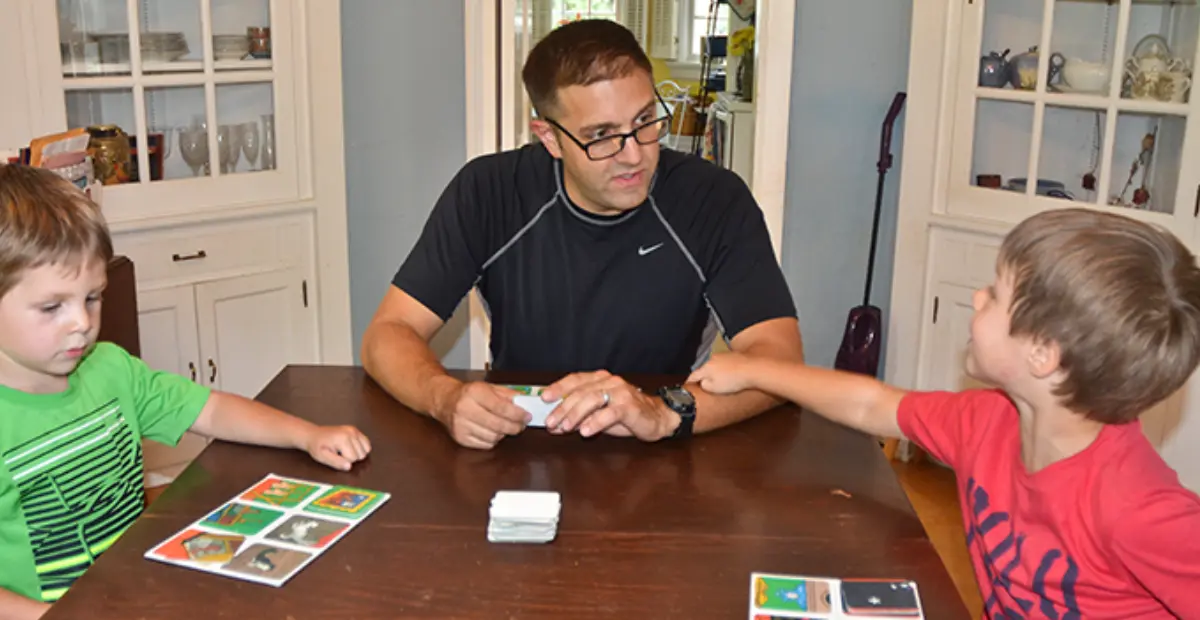The impetus for building student literacy is typically school-related. Teachers and administrators want them to be successful in school because they know the importance of early education on the child’s future.
There are also the state-mandated goals that measure student achievement and can affect the school district in many ways. Beyond those two significant incentives, there is a third one that is important to the student. Low levels of literacy have an impact on the student outside of the classroom. And not just their ability to get homework done.
Coming from a home where the parents struggled in school can inhibit the growth of a student. Parents with low levels of literacy tend to have lower incomes. With fewer resources, there is a higher probability of housing and food instability. Students without this stability concern themselves less with the grades they are getting and more with how will they provide the familiy their next meal. Possibly where they will be staying that evening.
Parents working hard to make ends meet do not have that extra time to spend speaking with their children or helping them with homework. One indicator of student success is their vocabulary as they come into school. In a study done by Hart and Risley, students in low-income families are exposed to just one-third of the words that students in professional families. And vocabulary is essential to student growth.
With time being at a premium in low literacy homes, the learning experiences children have there can also be limited. There are very few trips to bookstores, museums, libraries, or other areas students can have educational experiences outside of the school.
Those trips may be limited by geography; lower income houses are typically not located near these centers of learning. Another limitation is their connection to the community that can help them find these unique places.
Those with low literacy work hard to hide their lack of reading ability. They use isolation as a way to protect their secret, not being involved in their community or school. Staying separate from these resources may mean they miss valuable opportunities to help their students, or themselves, outside of school.
Staying healthy can also be a challenge. From reading labels on food to understanding the medicine a doctor prescribes, low literacy has an impact the general well being of a family. Even common health issues can be exacerbated when medication is not used correctly, causing the student to miss more time from class.
They are either ill themselves, or they may not be able to leave home because of a sick relative. Missing this time can put students further behind, adding to any frustrations they may be having in school.
Schools offer a unique opportunity to break this cycle of illiteracy. Building a love of learning in school may inspire the rest of the family to improve their literacy. Siblings may be drawn to mimic what their brother or sister is doing, and become interested in reading themselves.
They may become the readers in the house, helping parents interpret bills or introducing them to new places to go in the area. Getting a parent to build their skills, through inspiration from a child or working with them personally, is a mechanism that can stop that vicious cycle.



